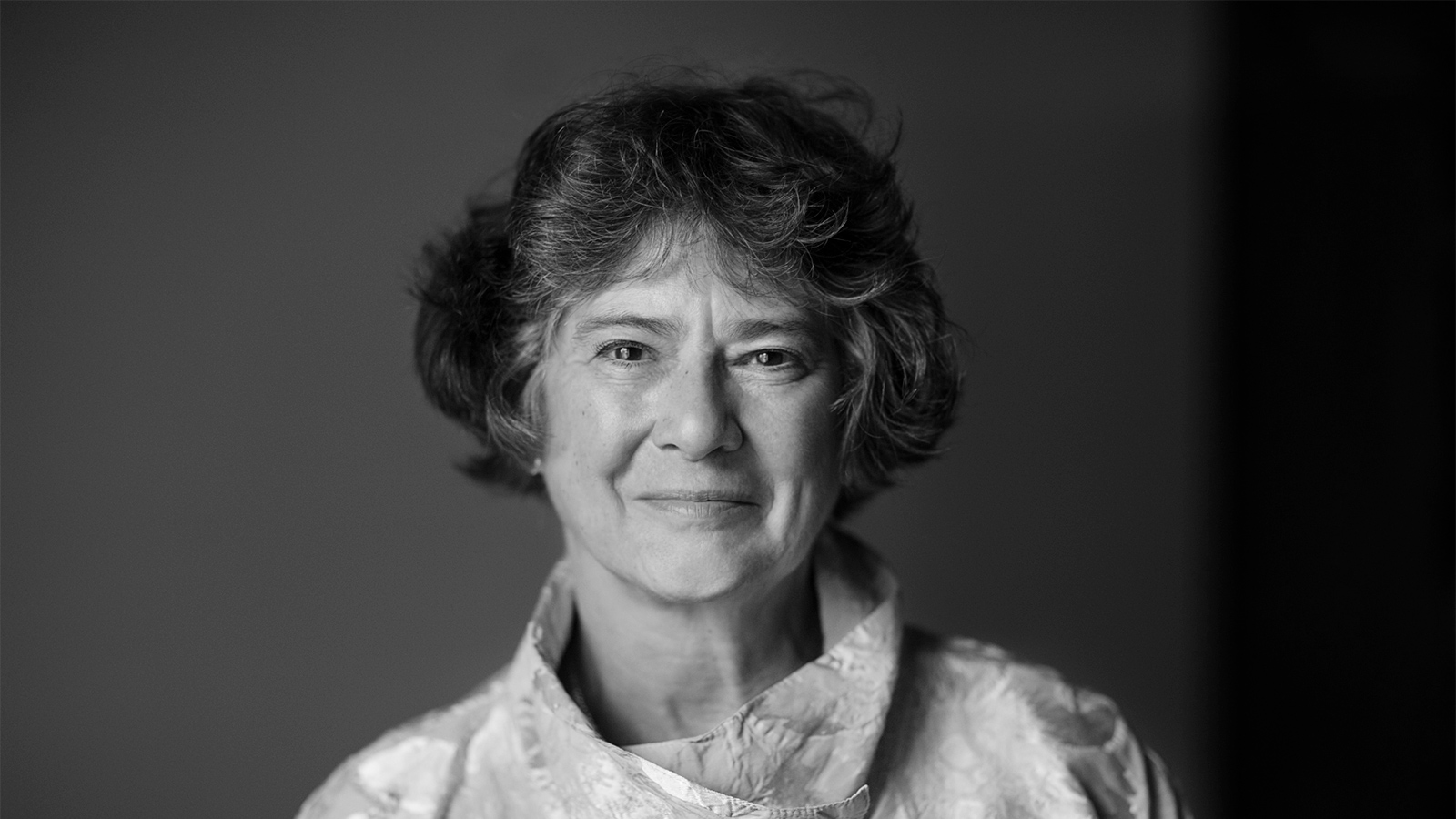
Leadership is about hope and optimism not despair and disillusion. It’s about inspiring others, about putting in place the capacity and resources to achieve change, about fostering the skills to create the alliances that will hasten a better future.
Positive leadership
The discourse around leadership in the sector has too often focused on despair, the sense that society is going to hell in a handcart, and that we are impotent to change that. This ignores the power and opportunity we have to shape the way society addresses social and economic change. There are many leaders who spread optimism and hope, but the focus of the narrative seems to be on the obstacles, rather than on how successful we have been – or could be – in overcoming them.
Leadership is about hope and optimism not despair and disillusion.
Rictor Norton, a gay historian, says that he doesn’t want the history of the gay movement to be the history of homophobia – rather he wants to celebrate success and the achievements of those who campaigned against prejudice.
Similarly, I don’t want the story of leadership in the voluntary sector to be about the power of other sectors and their disregard for ours. I want it to be about the things we have done, the changes we have brought about and the successes we have had, are having and will have in the future.
So let’s acknowledge ourselves as leaders with vision and passion, as shapers of thought, as activists who know stuff and make things happen. Let’s not be embarrassed to talk about being a leader; it doesn’t need to be at odds with collective action and common purpose.
The face of leadership is changing. It is no longer synonymous with the heroic, straight, white man.
The face of leadership is changing. It is no longer synonymous with the heroic, straight, white man. And that change is a reflection of what is happening, however slowly, throughout the sector. Has the growth of diversity changed the way we think of leadership? I think it has and it will do so even more in the future.
Collaborative leadership
One change needs more work. Increased scrutiny of charitable governance means we need a more nuanced understanding of the shared roles and responsibilities of leaders and chairs of boards. As the sector becomes more confident and professional we need to be clearer about how that shared leadership works.
Dynamic leadership
Leadership in the voluntary sector is leadership in the public eye and I believe we can do more to grasp the opportunity of considerable public interest in what we do and how we do it.
We are embracing the language of effective leadership and acknowledging that there are leaders of different sorts among us. But extraordinarily, we forget to acknowledge the point of leaders and what we can do with the power and influence we have.
Remembering Marx, the point of our leadership is not just to understand – or bemoan – the world, but to change it.

Lynne Berry OBE is chair of trustees at Breast Cancer Now and chair of the Commission on the Voluntary Sector and Ageing. Until recently she was deputy chair of the Canal and River Trust and chair of the trust in Wales, GlandŵrCymru. She is a trustee of UnLtd and Cumberland Lodge, a professor at Cass Business School, and a fellow of Lucy Cavendish College, Cambridge University.
